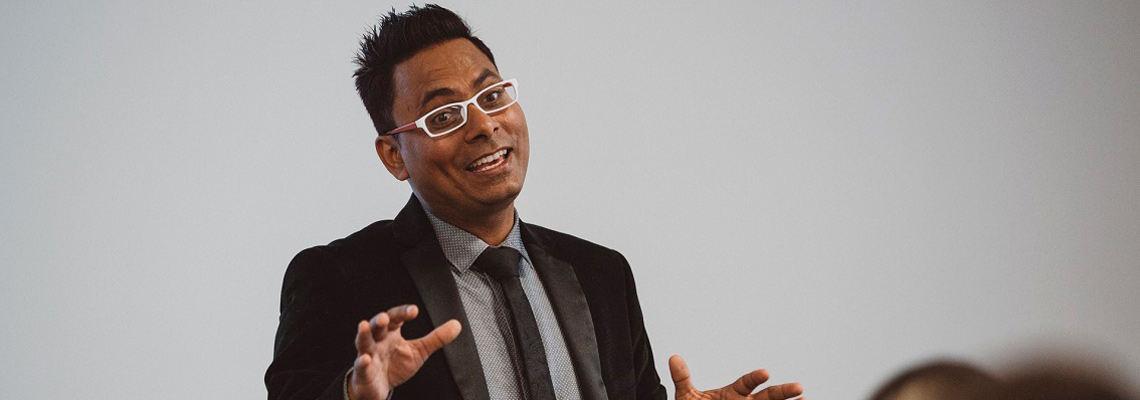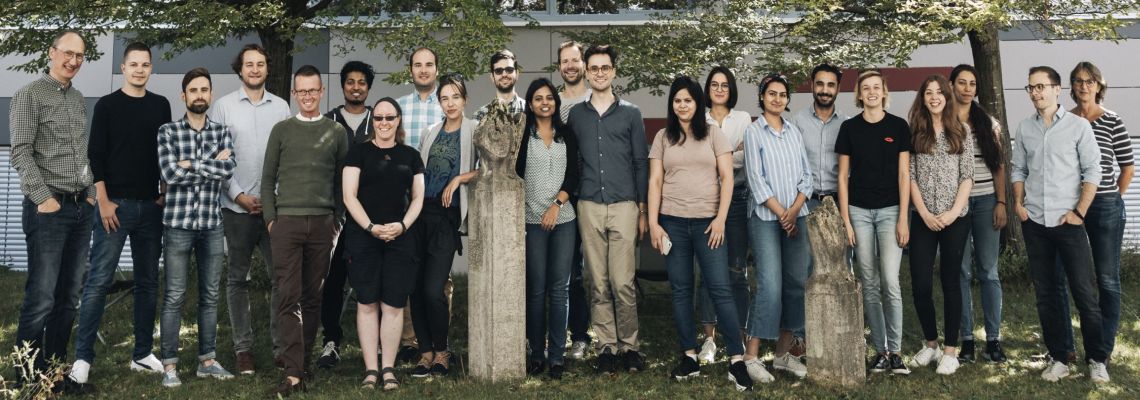In October of this year, ESIT Project Network Manager Axel Schiller, for long having been interested in the topics of deafness, hearing-loss and, at the same time, languages and interpreting, has started training in the innovative profession of speech-to-text-interpreter (STTI), or speech-to-text-reporter (STTR), combining all these aspects by joining the first academic course in this area at the University of Vienna's Postgraduate Centre. This is an article of the Austrian Translators and Interpreters Association "Universitas" showcasing this novel training opportunity for language professionals and a short statement of Axel, highlighting his motivation to join the course:


By means of this course, entitled "Barrier-free communication - Speech-To-Text-Interpreting", Axel gains the skills necessary for creating real-time interpretations of spoken texts into written ones that can then be read as subtitles by deaf or otherwise hearing-impaired individuals on a computer screen or other projecting device. Whilst deaf people, when they are native users of sign language, prefer sign language interpreters, STTIs are often requested by individuals having become deaf later in life and/or who are hearing-impaired and prefer written language, or in scientific/technical settings, which are more easily interpreted into writing.
By making use of this service, barrier-free communication and inclusion is made possible for hearing-affected hospital patients, pupils, university students, employees or in many other settings. With the help of modern technology, STTIs can work both "on the spot" as well as remotely from an office, from where their interpretation is sent via online platforms to their clients' computers or even mobile devices.
For speech-to-text-interpreting, two techniques are mainly used: 1) the conventional computer keyboard and a system of shortcuts, as well as 2) speech recognition that allows the automatic creation of texts via re-speaking, a method also used for television live subtitling.
Since tinnitus is very often associated with hearing loss or (single-sided) deafness and qualified STTIs are still very rare anywhere in Europe, we welcome Axel's initiative to join this training very much and are indeed looking forward to seeing his news skills being brought to practise!






